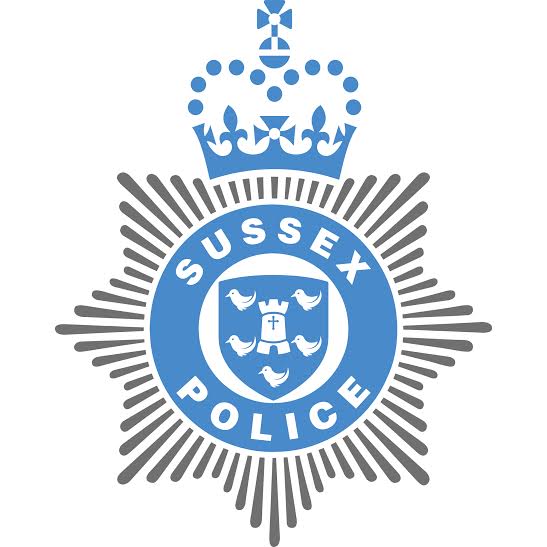
A detective whose failure to disclose evidence led to the collapse of two chemsex drug trials is facing a disciplinary hearing today.
Brighton and Hove News reported that the female detective constable was censured by a crown court judge for failing to hand over CCTV evidence – and then asking a colleague to help her cover her tracks.
We named the officer in our report on why the trial was halted – and another one abandoned, along with The Times. Both trials were a result of Operation Australia.
But despite this, Sussex Police have imposed a reporting restriction on the officer’s name – and the names of all the defendants in both trials.
When asked why, the panel’s legally qualified chair Muzamil Khan said: ” I agreed to anonymise the officer’s details on the basis of the Officer’s mental health issues and the potential impact the hearing is likely to have on her.”
Press were not informed or invited to the hearing, and are not allowed to make representations. The only way to challenge the baffling decision is to launch a judicial review at huge expense.
There are no powers to anonymise defendants in criminal trials on the basis of their mental health.
The hearing is due to start at 10am.
The first trial collapsed in May 2019 after it emerged, in an email conversation between the officer and a civilian police colleague Tanya Smith, that the discs had not been viewed, reviewed, scheduled or disclosed.
The trial was halted and a retrial ordered, which was to have taken place in October 2019. The officer was removed from the investigation, and work began to rebuild the case again from scratch under Detective Sergeant Mark Pinder with the help of a civilian disclosure officer.
Meanwhile, lawyers for the various defendants submitted an abuse of process application and a hearing was held in July 2019.
During the hearing, the defence said that the officer’s actions were apparently dishonest and potentially criminal and could have gone beyond what was documented in the emails.
They cited concerns not just over disclosure but also failures of officers to complete search records properly and record conversations and issues around searches carried out at Ivanov’s London addresses.
The court was then told that the officer was not suspended but had been taken off active duties and was being investigated for gross misconduct and potentially criminal charges.
The prosecution said that the officer was not dishonest and the rest of the case was thorough and professional.
But Judge Shani Barnes said that this missed the point and questioned why she was not being told more about how the mistake happened.
She said: “I am confronted by an officer in the case admitting in writing that there were discs in a box with surveillance unseen, unscheduled, undisclosed.
“The attitude she expressed in writing – and, I repeat, I am to get no other evidence on oath or other explanation – reveals a cavalier, dismissive attitude to her duties as a responsible disclosure officer.
“She was, on the face of the emails, disinterested in fulfilling her obligation to ensure that all material was viewed, scheduled and, where appropriate, provided to the defence.
“Her rather casual view that there was unlikely to be anything of evidential value is unprofessional. The officer deliberately left these discs off any schedule.
“She was busy, she indicates, on another case, but instead of viewing them just prior to the trial or asking a junior officer to do so, she chose to ask a civilian colleague to conceal the fact of their existence despite knowing that Miss Smith ordered the collection of these discs from various banks.
“This is, on the face of this document, a serious act of misconduct, in my view, without further explanation.
“Those who are investigated and prosecuted for serious crime must be able to know that those investigations are conducted by persons of the highest integrity.
“Juries listening to evidence must be able to trust officers on oath … The case has been brought into question because of the actions of that officer.
“The defence ask me not to allow another adjournment and to say that this is an abuse of the process. The prosecution say this is not a case of bad faith.
“The prosecution urge me that there is a strong public interest to continue, even though they acknowledge that she failed in her duty and that her conduct is in question.
“It is my judgment that this case has been tainted by the conduct of the officer in the case and, on the evidence provided, it remains an affront to this court’s sense of justice and propriety that it should be allowed to continue as proposed by the prosecution.
“If the officer in the case can reveal so little judgment and propriety in her position of responsibility, it would undermine the integrity of the criminal justice system if I allowed it to go unchecked.”






There is no justification for secrecy like this. If the workload was too great, she should have asked for help. Perhaps her boss should be charged alongside her for not ensuring the vital work in meeting the legal obligations relating to disclosure was being done properly. Sussex Police are just trying to get round the laws on transparency on grounds that would never be allowed in a court case and shouldn’t actually be allowed in a case like this either. Disgraceful really.